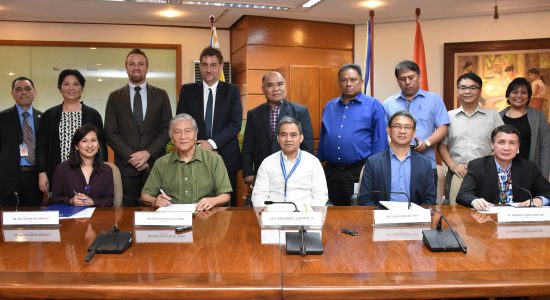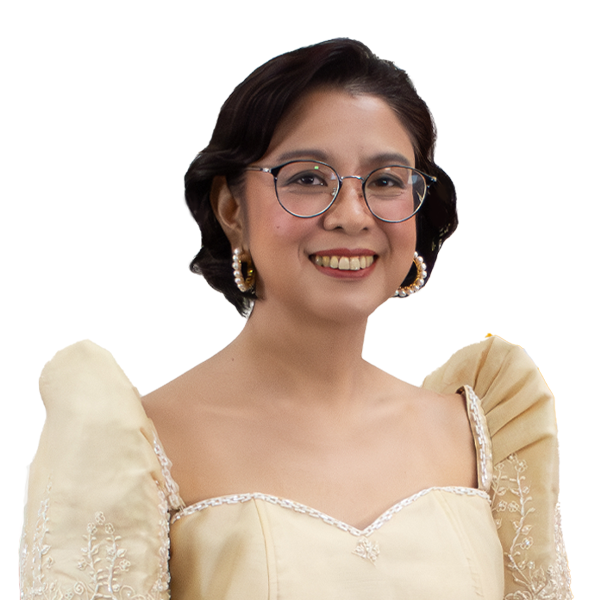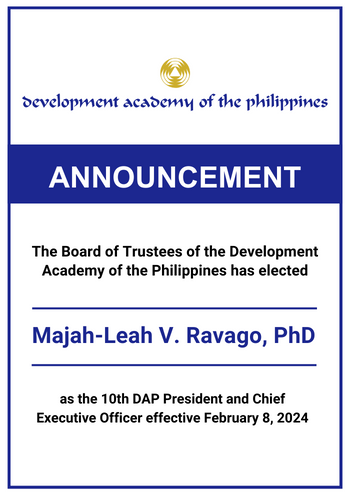
Six organizations, including the Development Academy of the Philippines, have signed a three-year memorandum of agreement to formally come together as a consortium called Asian Center for Drug Policy or ACDP, a group that aims to gather stakeholders to collectively address issues, problems and opportunities within the complex setting of the multi-faceted drug problem.
The DAP, the Galing Pook Academy, the Civika Asian Development Academy, the University of the Philippines Manila Addiction Science TWG, the Ateneo de Manila University, and the Psychological Association of the Philippines signed the MOU that would bind the six into a group implementing training, research and other programs, especially on community-based drug recovery and support services. The six co-conveners have been implementing the programs even before the surge of drug surrenderers in 2016.
Discourse on effectiveness of drug policies
The ACDP envisions itself as a coalition of academic institutions, civil society, professional associations, government agencies and private organizations that “promote objective and open discourse on the effectiveness, direction and content of drug policies at the subnational, national and regional levels.”
The ACDP shall also, in collaboration with each other, address issues, problems and opportunities by co-creating, deploying and disseminating “evidence-based, comprehensive, adaptive and integrated solutions to the complex and multi-factorial problem of substance abuse in the Philippines and Asia.”
Signing the MOU were Trygve Bolante, the DAP’s Corporate Concerns Center Vice President who signed on behalf of DAP President and Chief Executive Officer Engelbert C. Caronan Jr.; Galing Pook Dean Edicio de la Torre; Civika President Dr. Elmer S. Soriano; UPASTWG Chair Dr. Armando Crisostomo, and Dr. Ma. Regina Hechanova-Alampay of the Ateneo Department of Psychology who is also head of the PAP Special Interest Group on Substance Abuse and Prevention.
Other groups involved
There are other groups that have been involved in the discussions with the six signatory organizations but have not yet signed the agreement. These are the Lost Sheep Initiative of the Catholic Bishops Conference of the Philippines, the Department of Health’s Dangerous Drugs Abuse Prevention and Treatment Program, the Dangerous Drugs Board, the World Health Organization (Philippines Office), the United Nations Office of Drug and Crime (Philippines Office), Mindanao State University, the LGU of Caloocan City, the provincial LGU of Palawan, and the Integrative Competitive Intelligence Asia.
The consortium secretariat is hosted by the DAP at the 7th Floor of the DAP Building in Ortigas Center in Pasig City. It is headed by Marie Legaspi and may be contacted at 02-631-0921 to 30, local 106.




